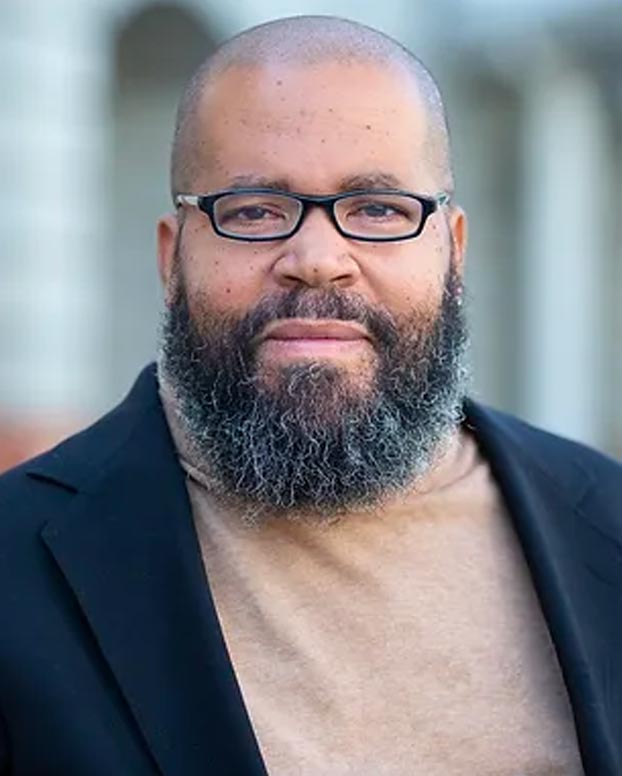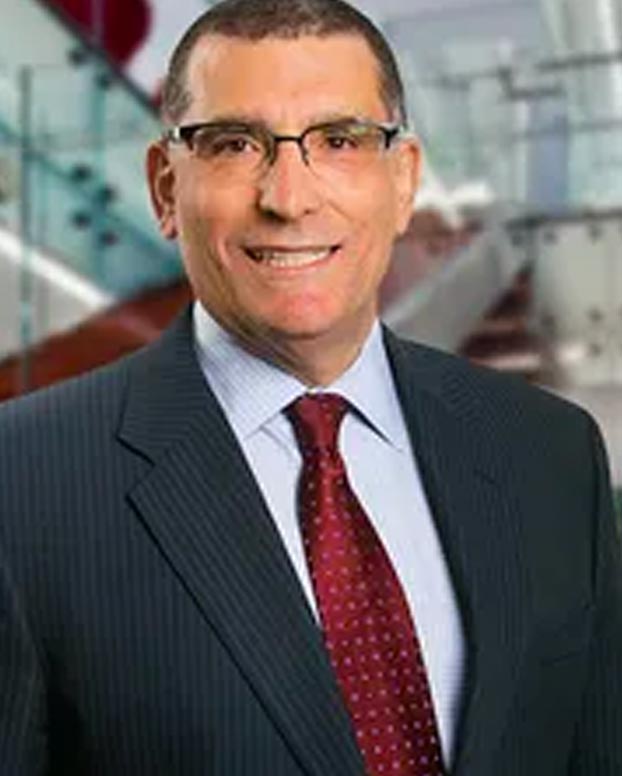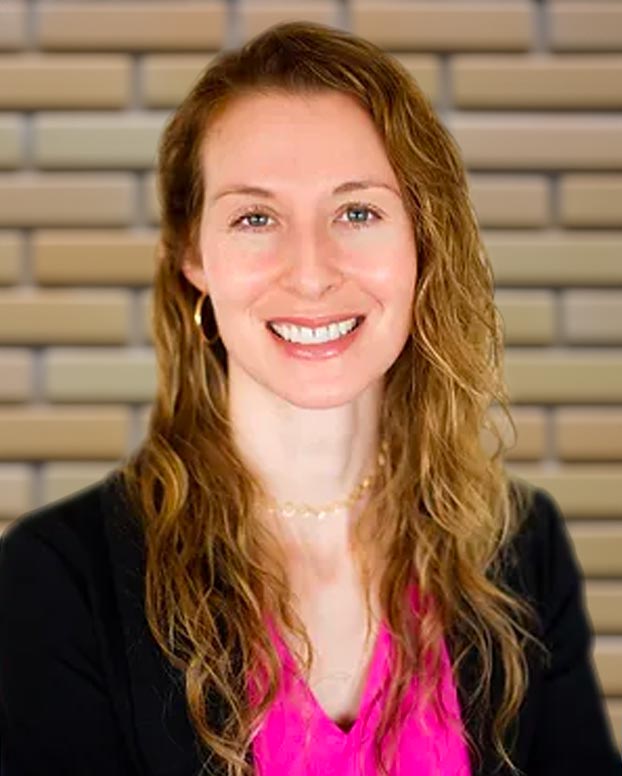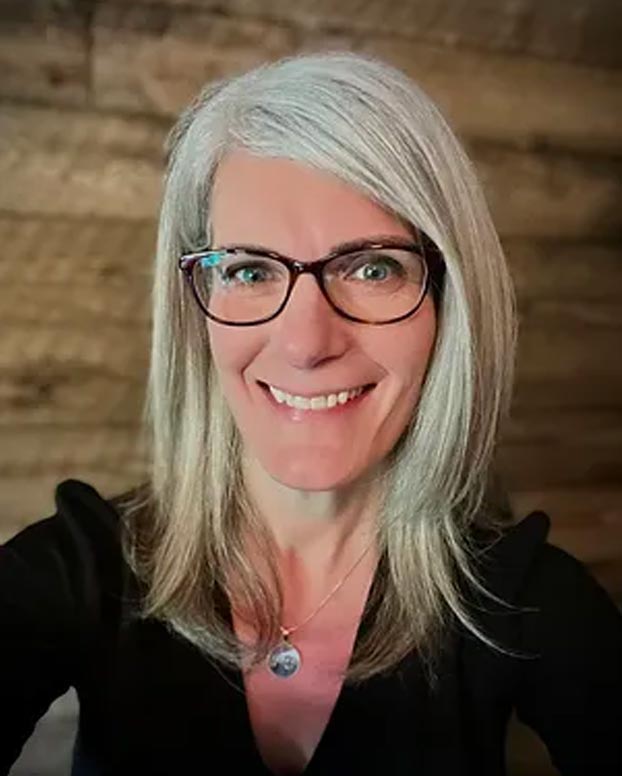Combating Denver’s Poverty-Related Issues During Poverty in America Awareness Month
January 17, 2024
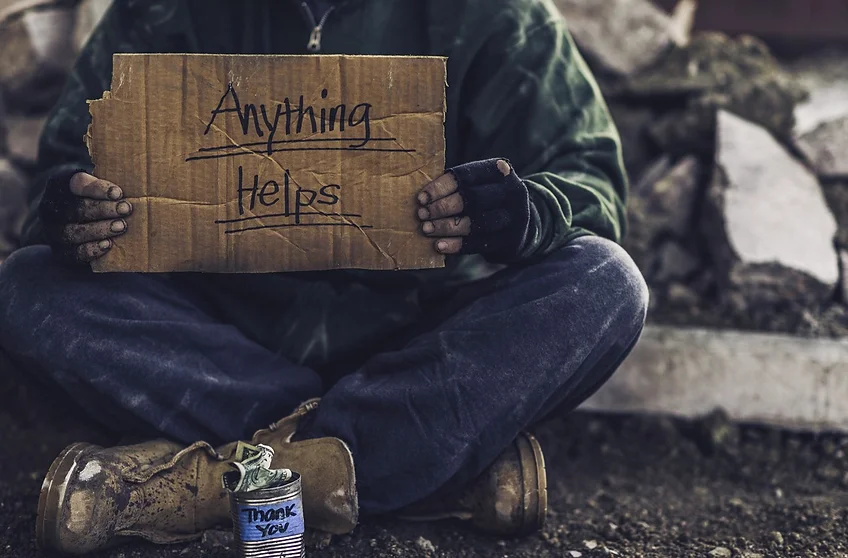
RMHS recognizes that people throughout Colorado acutely feel the effects of poverty through issues such as the housing crisis and the related challenge of homelessness. Two RMHS programs, Homes for All Veterans and Missions Supports, provide key supports to both veterans and the I/DD community.
Recognizing Poverty in America Awareness Month, a monthlong observance in January, has only become more important as the poverty rate rises and Denver feels acute effects in issues ranging from housing to food insecurity to stagnating wages.
The goals of recognizing this monthlong observance include:
- To raise awareness of the far-reaching effects of poverty in the United States.
- To promote understanding and increase empathy for those experiencing poverty.
- To serve as a launching point to discuss the root causes of poverty, including systemic issues such as inequality, lack of access to education and healthcare, and persistent wage gaps.
- To create calls to action that support in alleviating poverty’s negative impacts.
Understanding the issue of poverty
Unfortunately, poverty in the United States has sharply increased since 2022 when several key pandemic-era relief programs expired, including the expanded child tax credit, which supported 35 million families. The number of Americans living in poverty grew from 7.8% in 2021 to 12.4% in 2022, and according to the Census Bureau, an estimated 40 million Americans lived below the poverty line, a threshold established by an annual income of $14,580 or less for an individual, and $29,950 for a family of four.
Many anti-poverty advocates call for reform in how the federal poverty line is decided, arguing that it does not keep up with increasing costs of housing, education, food, and other expenses. Most of the rest of the world utilizes a simpler formula devised by the World Bank that declares that any nation’s federal poverty line is 50% of a given year’s median income.
What unique poverty-related issues does Denver face?
A well-known and widely discussed issue in Denver is that of the housing crisis. Unfortunately, many people have been priced out of Denver, which is one of the most expensive cities in Colorado. Denverite shared an article in 2022 that stated how the median rent for a one-bedroom in Denver jumped 15% in a single year, up to $1,610. Wages have simply not kept pace to accommodate for that staggering increase.
As an effect, Colorado faces an unprecedented homelessness crisis. As people get priced out of homes, they don’t necessarily have other options and end up without shelter. A Colorado Sun article from July 2023 states that the number of people experiencing homelessness in the seven-county Denver metro area rose more than 50% from 2022 to 2023. The annual count, which quantifies homelessness each year in the Denver metro area, showed there were 9,065 people living on the street on Monday, Jan. 30, 2023.
How does RMHS support individuals struggling with poverty and homelessness?
Rocky Mountain Human Services steadfastly commits to providing supports to a variety of people and currently serves more than 20,000 people across Colorado, many of whom experience a lack of power, privilege, and income. Many qualify for Medicaid, the eligibility of which requires an income that falls below the poverty line. RMHS is dedicated to serving Colorado’s most vulnerable.
Within the two RMHS programs that support those struggling with homelessness directly, Homes for All Veterans and Missions Supports, program staff see the effects of skyrocketing housing costs every day in the people they serve.
Homes for All Veterans sees the effects of rising housing costs
The Homes for All Veterans (HAV) Program at RMHS supports veterans experiencing homelessness or at-risk of experiencing homelessness to find safe and permanent housing, accessible healthcare, and legal counsel.
According to Deidre Knight, the Associate Director of HAV, “Our program has continuously seen more and more people come through the door and qualify for services as rents rise.”
Steeply rising rental costs, including increasingly high deposits required to rent an apartment, also mean that HAV notes a marked increase in money spent to support with rising deposit costs.
“The amount that we’ve been spent on supporting with rent and deposits has gone up drastically,” Knight explained. “The same amount of dollars is not being able to serve the same number of people because the deposit cost is so much higher. A $5000 deposit is just such a huge barrier for people, and it didn’t used to cost so much.”
The many services that HAV can provide financial support with, including the often-arduous process of securing permanent housing, creates a high success rate in permanently housing veterans and their families. More than 95% of those that HAV serves only use support offered by the program once, indicating the impact that programs like HAV can have in creating stable housing situations.
In the 2022-2023 fiscal year, HAV served 1,308 people compared to the 2021-2022 fiscal year in which they served 1,217 people, a nearly 8% increase. This implies both the impact rising housing costs has on people and the ability for HAV to continue to serve those who need it, despite increased need.
The Mission Supports Program strives to support those experiencing homelessness
Another RMHS program striving to mitigate Denver’s homelessness crisis is Mission Supports, which estimates that more than 20% of the homeless population in Denver may qualify for intellectual and development disability (I/DD) services. The Mission Supports Program at RMHS supports those individuals in obtaining appropriate disability benefits and services and connecting them to the resources that can help them to pursue a life free from homelessness.
Navigating the process of receiving disability benefits is challenging and Mission Supports aims to serve those struggling with homelessness in several ways. It helps to identify people who are homeless and may have a disability, yet may not have a current diagnosis, supports them in navigating the complex process of attaining disability benefits, and walks them through the steps needed to access support and other wraparound services provided by RMHS. One example of a disability benefit Mission Supports can help attain is financial assistance such like Supplemental Security Income (SSI).
However, as Arnie Swenson, the Associate Director of Missions Supports explains, SSI is limited to $943 a month for an individual and to qualify, people cannot have more than $2,000 in income or assets.
“Most of the folks we serve come from poverty,” Swenson said. “Income is tough and then you have the resource limit. There’s not a group of people who could benefit more from a universal basic income than people waiting on their pending disability benefit.”
However, he remains hopeful that while change is slow, it is happening. “There seems to be in Denver a community effort to address a lot of the gaps people face, and there is great intention there.”
Indeed, Mission Supports itself has had a significant impact in supporting a subset of Denver’s homeless population who qualify for I/DD services and has served over 250 Denver County participants. The supports that these participants receive include help with attaining appropriate disability benefits and services, accessing a primary care physician, utilizing legal assistance when needed, and securing available permanent housing.
Denver commits to finding ways to lift people out of poverty
Many organizations and elected officials are working to alleviate the realities of poverty in Denver metro, from Mayor Johnston’s successful initiative to house 1000 people by the close of 2023 to HAV’s reduction in the Denver metro area’s veteran homelessness population by 16% last year. Other recent wins include bills signed into law in 2023 like a portable tenant screening law, which limits the number of times a rental applicant needs to pay for a rental screening, and late fees on rent being capped at $50, which ends the insidious practice of charging hundreds of dollars in late fees.
Poverty in America Awareness Month serves a reminder to us all that poverty is a prevalent, pressing issue with far-reaching consequences for many, including people in our local communities. It also serves as a call to action for all of us to educate ourselves on issues of poverty, especially the harsh local realities.
If you can, donate to an organization working to alleviate poverty in Colorado. Volunteer some time with an organization striving to improve the harsh realities of poverty in Colorado. Educate yourself and others by reading or watching media designed to raise awareness of the issues of poverty. Share this blog on social media.
The far-reaching effects of poverty impact everyone and many organizations in our city are striving to lift people out of poverty. Together, small individual actions add up and can make a difference in breaking the cycle of poverty, so find an organization you believe in and learn, donate, or volunteer.


